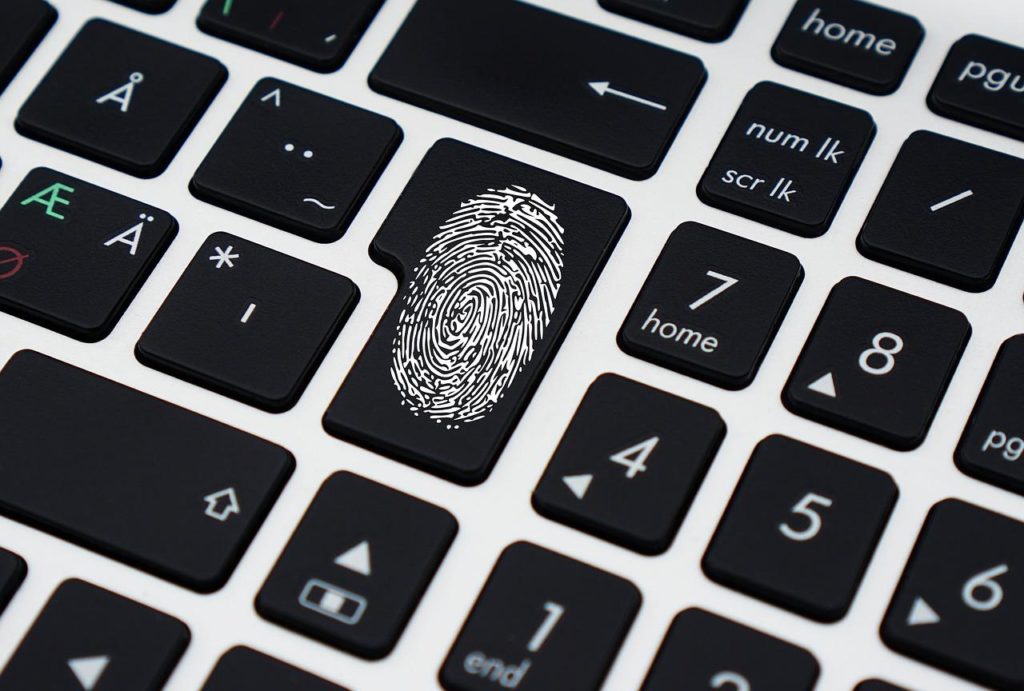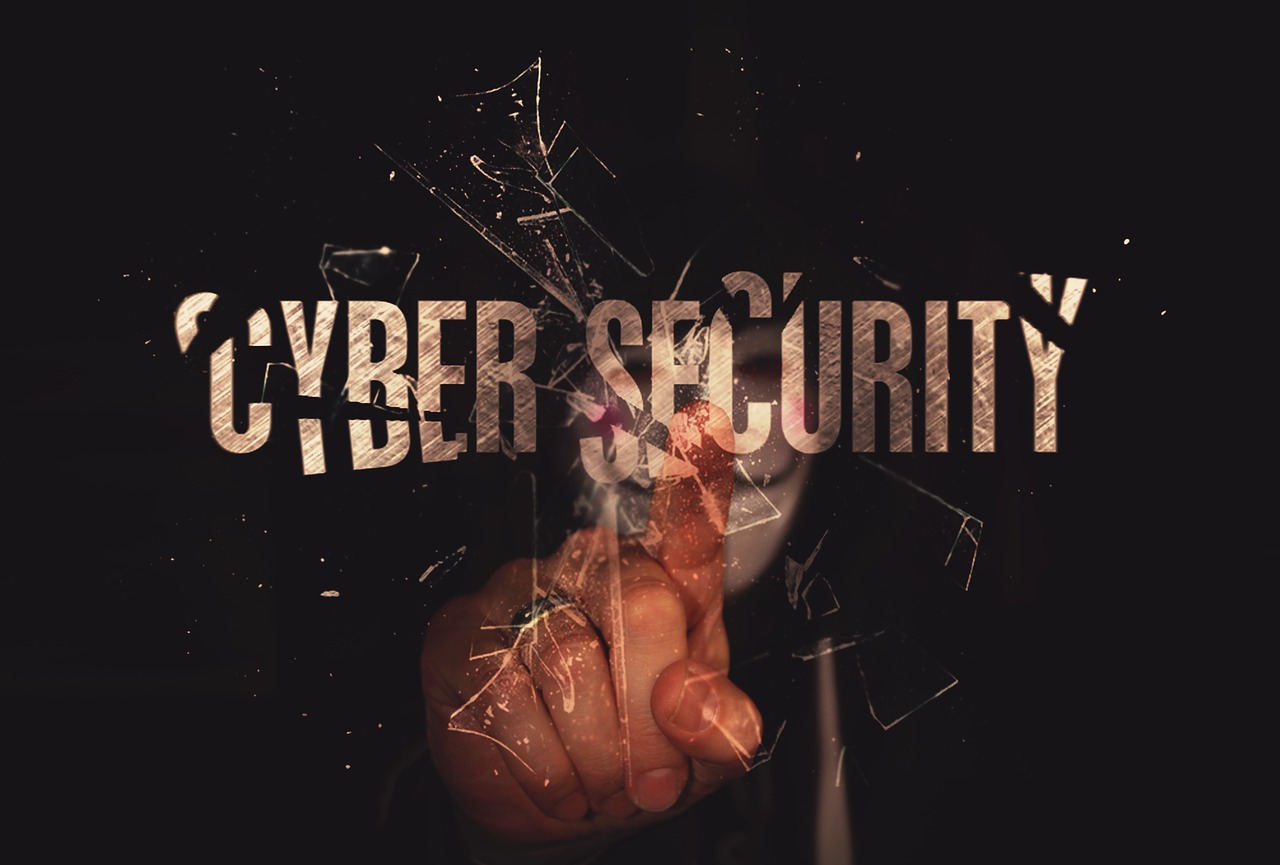Cybersecurity is a hot topic nowadays. In a world where most of the human activities are conducted online, hacker attacks, viruses, and security breaches are no wonder. And the first to be under attack is, of course, governmental structures and state institutions that possess a lot of data they seem to be unable to fully protect.
In the recent years, there have been a number of hacker attacks on the major governmental structures of the US:
- Democratic National Committee had their emails hacked into and made open to the public;
- World Anti-Doping Agency was hacked, and as a result, the information about the doping test results of athletes has been leaked to the web;
- Operation Ababil targeted financial institutions of the USA carried out by a group of Qassam Cyber Fighters;
- A wiper attack was launched on the Ministry Of Oil Headquarters with the aim of wiping out all stored information.
The attacks happen quite often and could be carried out anywhere in the world. The reasons for these attacks may vary: from doing deliberate harm and simply undermine the institution’s activity to more sophisticated reasons. Cyber terrorists may demand ransom or other actions to be undertaken by the hacked institution, or they may steal information in order to expose it. Sometimes, this information is used for commercial purposes.
The USA is targeted more often than other countries due to their strategic importance and foreign policy, with which many tend to disagree. For this reason, the USA is mostly attacked by overseas cyber terrorists.

Not Enough IT Funding For Governmental Cybersecurity
Recent research has shown that more than 60% of Americans don’t trust the governmental institutions with their personal data anymore. They do not believe that the government can protect itself, and thus their personal data, from hacker attacks. It is thought that the governmental institutions do not take enough protection and prevention measures in order to avoid cybersecurity breaching.
Indeed, the modernization of the IT sector in the governmental institutions is very slow. Even though the state structures conduct their activity mostly online, they have not been keeping up with the threats that go along. Hackers are still exploiting the software with lacking security measures, fishing through emails, online data exchange websites and social networks, which aren’t most difficult threats to combat. But despite some efforts from the US President Donald Trump, as well as his predecessor, Obama, who suggested a 3,1 billion budget plan to modernize the IT sector in the governmental institutions, the process is going very slow.
There are several reasons why this is happening. For one thing, cybersecurity is a fast-changing field of study, and not so much research is done to find new ways to prevent it. Almost no university in America provides in-depth training on cybersecurity issues, so the lack of highly-qualified personnel is also a big issue. Finally, the technological modernization requires financial and human resources the government does not seem to be able to allocate.
However, cybersecurity is very often an individual issue, as personal data should be taken care of by the person that it belongs to. Americans can better protect their personal data by practicing “cyber hygiene” and taking individual cybersecurity measures.
A Colchester based internet writer, enthusiasting about techonology, culture and the entertainment media.






Comment here